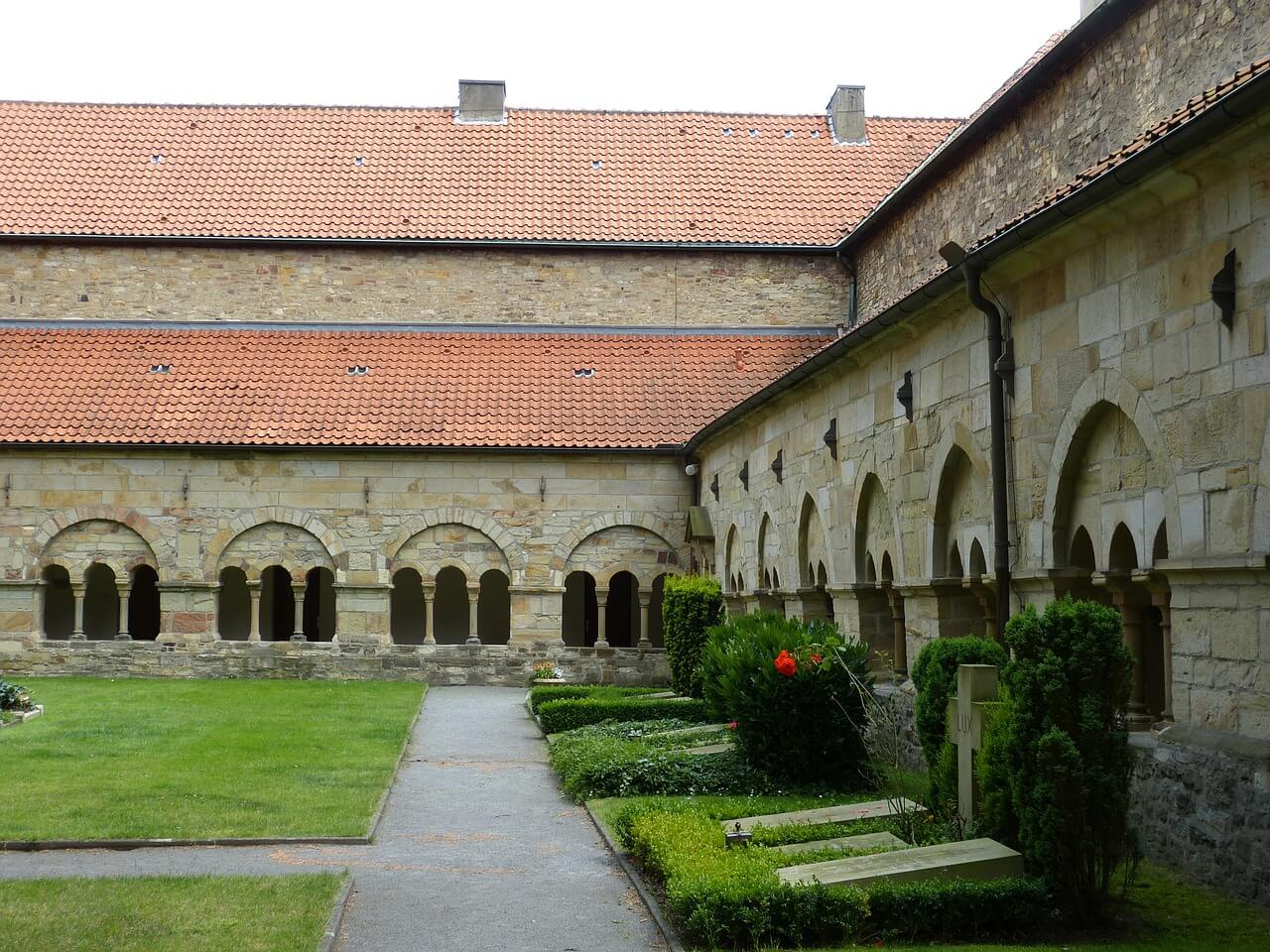Image: Osnabrück, St. Peter’s Cathedral
The official website of the German bishops, Katholisch.de, reported on 2 June that the Diocese of Osnabrück and of Mainz (the home diocese of Cardinal Gerhard Müller) will not ordain any priests this year.
As Katholisch.de writes:
The number of priestly ordinations in the Catholic Church in Germany seems obviously to remain, also in 2017, on a low level. According to a poll of the Katholische Nachrichten-Agentur (KNA) conducted in all dioceses, probably 76 young men are going to be ordained in the 27 dioceses. In the year 2016, there were all in all 82, according to the Zentrum für Berufungspersonal [Center for Vocations]. In 2015, the number [of ordained priests] had reached its lowest level, with 51. In 1995, for example, there were still 186 newly ordained priests in Germany.
The priests ordained by the various religious orders are not mentioned in this above list, but the orders themselves are not showing many new priests, either. In 2016, according to Katholisch.de, there were only 16 members of orders ordained as priests.
As Katholisch.de further explains, in Germany, most dioceses ordain their new priests on Pentecost weekend. Here are some more numbers: the seven dioceses of Bavaria are going to ordain this year 26 new priests, with Munich ordaining six, Augsburg and Würzburg each five; and Eichstätt and Bamberg each two. Nordrhein-Westfalen will ordain this year 18 new priests, among them nine in Cologne, five in Paderborn and two in Münster, one in Aachen and Essen. These dioceses are in some of the traditionally most Catholic areas in Germany. In contradistinction, North Germany will only ordain three new priests: two in Hildesheim; and one in Hamburg.
As Katholisch.de points out, for the first time in 100 years, Osnabrück will not ordain any priest, and now Mainz, too, will not ordain any new priest this year. In the east of Germany, there will be six new priests, and in the middle and southwest of Germany (such as Limburg, Freiburg, and Fulda), 23 new priests will be ordained.
Thus it becomes once more evident that among the closest allies of Pope Francis and his program of reform are those bishops’ conferences that are steadily loosing ground in the propagation of the Faith. Moreover, Sandro Magister, the Italian Vatican specialist, has also just importantly pointed this out when speaking himself about these few bishops’ conferences that are in full support of Pope Francis: “The only national episcopates that he [Pope Francis] can count on today are those of Germany, Austria, and Belgium, nations in which the Catholic Church is in the most dramatic decline.”
Therefore, it does not seem that the proposed Francis reform is sufficiently built on firm ground; it will certainly not gain much ardent support from those Catholics who are trying to preserve their Catholic Faith whole and entire.
Saint Boniface, the Apostle of the Germans (“Der Apostel der Deutschen“), pray for us!


